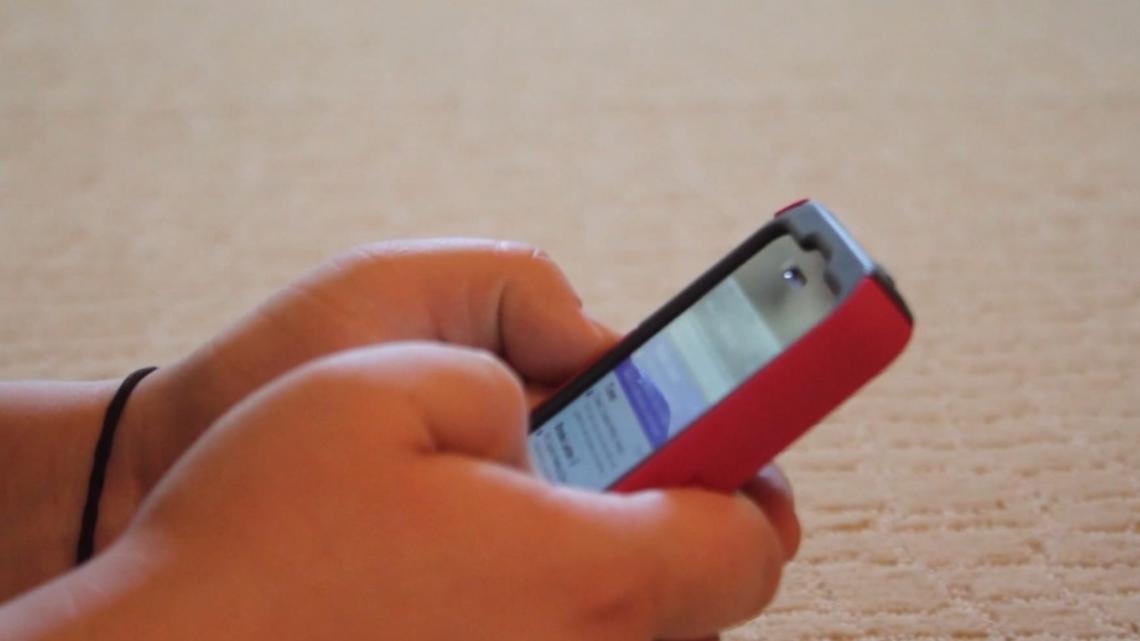
Global research across 160 countries finds children who get smartphones before age 13 face higher risks of low self worth, emotional challenges.
A new global study is sounding the alarm on how smartphone use may be impacting kids’ mental health, especially when phone use begins before the age of 13.
The concern isn’t just screen time — it’s what comes with it: social media, cyberbullying, and pressure to constantly stay connected.
Experts say parents should keep in mind that kids under 13 may be especially vulnerable.
Researchers analyzed data from nearly 2 million people across more than 160 countries and found a clear link between early smartphone use and mental health struggles in preteens.
The biggest impacts were seen in young girls, with issues including low self-worth, poor emotional regulation, and even suicidal thoughts.
According to the study, for every year earlier than age 13 that a child gets a smartphone, their mental health tends to decline — possibly due to things like sleep disruption, online bullying, and social comparison.
“So, this study is a correlational study. And we can’t say whether cell phone or smartphone use causes the mental health effects that are noted in this study, but we have a number of data points now that many researchers have found that do say that cell phone or smartphone use before the age of 13 is detrimental for the mental health of preteens,” said Clinical Psychologist and Director of the Princeton Psychotherapy Center Dr. Melissa Greenberg.
Dr. Greenberg encourages parents to lean on their community. She suggests talking with other families, especially those of their child’s friends, to get on the same page about when kids will get smartphones or start using social media.
And while you can’t prevent every exposure online, coming together as a group may help kids feel less left out, especially when it comes to things like delayed phone access or limited social media use.
This doesn’t mean panic, but it does mean parents may want to have honest and open conversations with their kids and take a closer look at their family’s tech habits.
